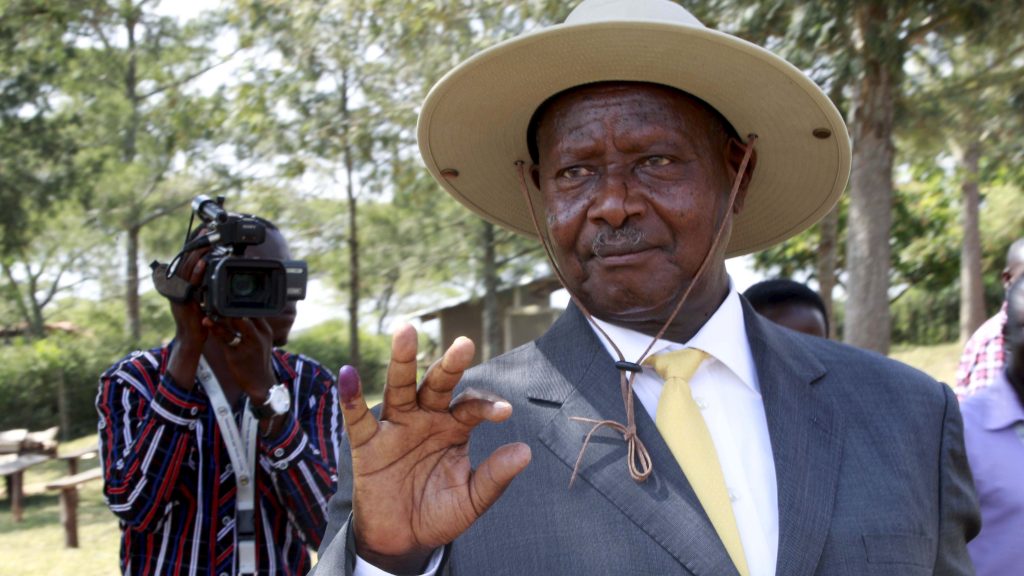Uganda has stopped the export of unprocessed minerals in a move to grow its local industry, create jobs, and protect its natural wealth for future generations.
President Yoweri Museveni made the announcement during the 11th Africa Regional Forum on Sustainable Development, held in Kampala from April 9 to 11. He described the decision as a key step in helping Uganda keep more value from its mineral resources.
“No unprocessed minerals are leaving Uganda,” Museveni said. “If we can’t process them ourselves, we’ll leave them in the ground until our grandchildren can.”
The ban supports a larger effort to reduce dependence on raw exports. Uganda aims to boost manufacturing, attract local investment, and build a stronger, more stable economy.
Prime Minister Robinah Nabbanja said Uganda’s development is guided by the Sustainable Development Goals (SDGs). She noted that the new policy fits well with goals such as job creation, industrial growth, and economic inclusion.
The shift also reflects a wider African effort to benefit more from the continent’s natural wealth. Claver Gatete, Executive Secretary of the Economic Commission for Africa, urged African nations to use local funding sources—like pension and sovereign wealth funds—to support growth. He said this would help reduce reliance on foreign aid.
Forum discussions also highlighted the need for stronger regional trade, fair climate policies, and more diverse economies. Museveni pointed to Uganda’s dairy industry as a success, saying it has thrived thanks to the East African Community’s shared market.
He also raised concerns about Africa’s role in the global coffee trade. Despite being a major producer, Africa earns little from processing and sales. Museveni called for more value to be added to African goods before they are sold abroad.
Uganda’s mineral policy shows a clear commitment to long-term development. By keeping raw materials in the country, the government hopes to grow its economy and set an example for others in the region.


